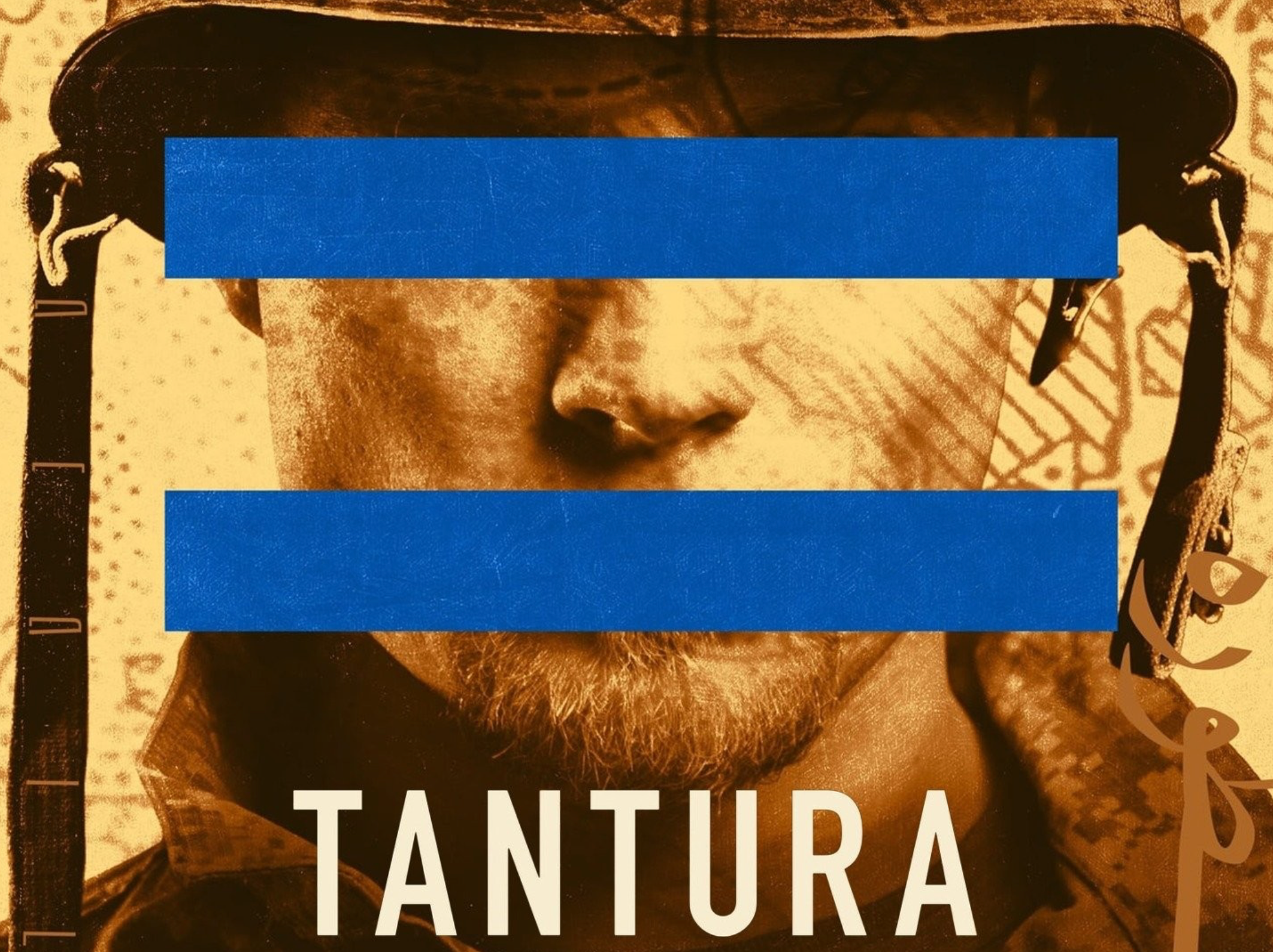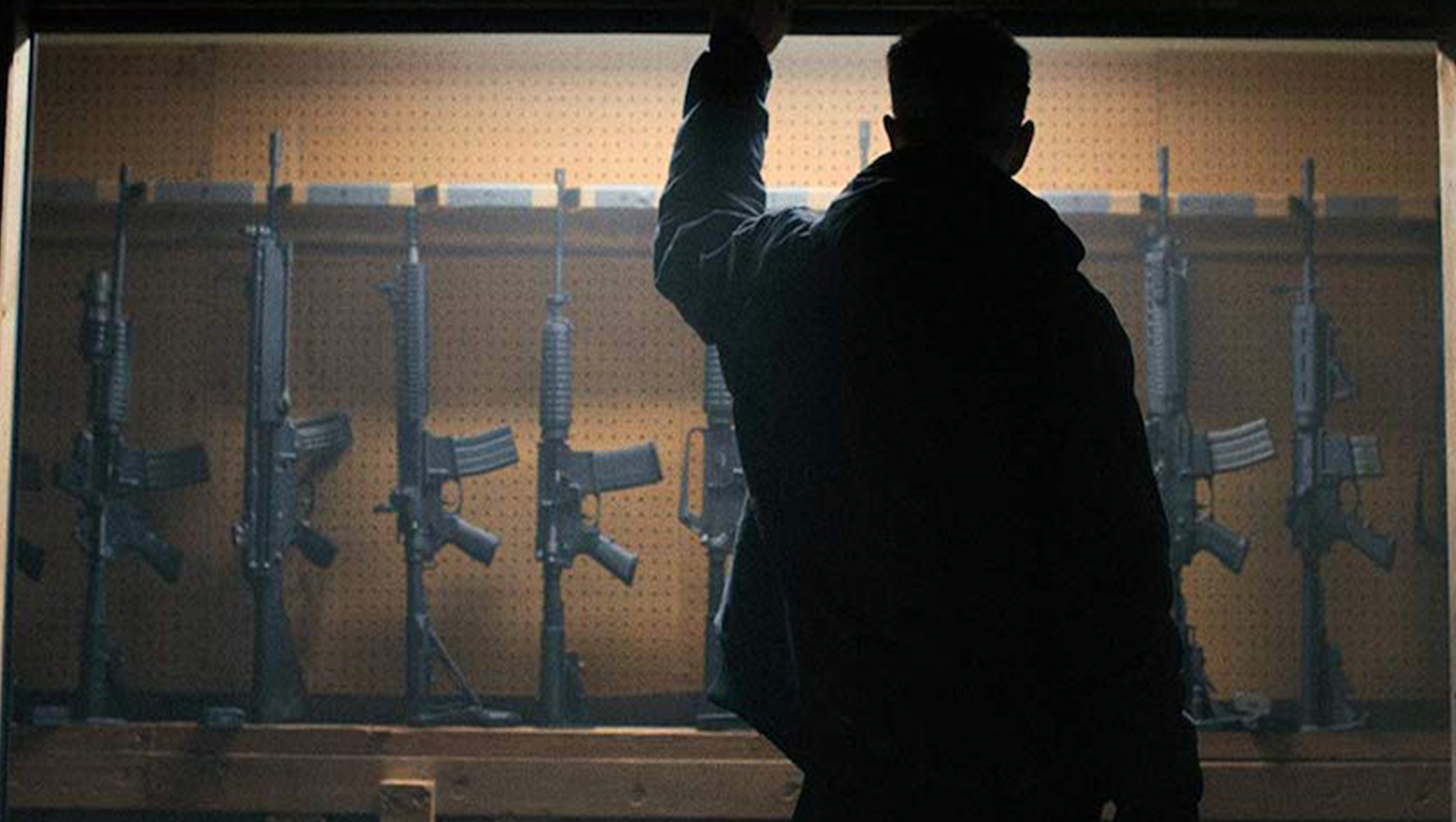Article: Film Review: Tantura

Film Review: Tantura
BY GABRIEL FANELLI
On a beautiful summer day, a minivan filled with excited children pulls into the dirt lot at Dor Beach on the Mediterranean coast. The parents of the anxious beachgoers have brought them here without regard to the buried history of the former Arab village that stood here. Dor Beach was the site of Tantura and has been turned into a nature preserve described as “an enchanting sandy beach” by the preserve’s website. Not a single family parking in that lot has any idea that underneath it is an alleged mass grave from 1948.
This lack of knowledge and systemic forgetfulness about Israel’s darker past is the subject of a documentary film by Israeli filmmaker Alon Schwarz. Opening with a quote from former Foreign Affairs Minister of Israel, Yigal Alon. “A nation that doesn’t know its past, has a dull present and a future shrouded in fog.” One hopes that watching this film by an Israeli director will present a narrative often relegated to Palestinian circles, and for once it won’t be dismissed as “anti-Semitic,” but rather will open up a dialogue between both sides in order to find the truth of the matter. Most importantly, the film tells the story not from a journalistic perspective, but from the mouths of the Israeli soldiers who were directly involved in the battle of Tantura, seven of whom openly admitted to either massacring or being present at a massacre of Arab men in the village. One soldier interviewed in the film laughs recalling the rape of a young Palestinian woman, the indiscriminate murder of civilians in their homes, and one particular comrade of his who chased someone down with a flamethrower and incinerated him. In the recounting of these events, he could not wipe the smile off of his face.
The film centers around Teddy Katz, a master's student from the University of Haifa who presented his M.A. thesis for the Department of Middle Eastern History on the alleged massacre in Tantura after interviewing 135 individuals – half from the Israeli Defense Force’s Alexandroni Brigade, and the other half being Arab survivors of the events that took place in 1948. Katz says, “the vast majority of what happened in 1948 is not only hushed up but also destroyed.” He wrote his thesis in order to bring to light the willful forgetfulness of the truth of the 1948 war, which the Israeli’s call the War of Independence, and the Arabs call the Nakbah or Catastrophe.
The Alexandroni Brigade was charged with clearance of Tantura in 1948 to make way for Jewish settlers. This meant 300 Arab villagers had to be dealt with to accommodate 63 Jewish settlers. Of the four remaining settlers still living, one woman says emphatically in the film that she is “fed up with remembering the bad things.” Unfortunately, this mindset prevents future generations from knowing the true history of the creation of their state.
Katz’s thesis received high marks at the University when it was submitted, and nobody had anything negative to say about it until 2000, when a journalist from the outlet Maariv got ahold of the thesis and published it. The Alexandroni Brigade veterans went to war with Katz, suing him for defamation. The judge never heard the tapes Katz collected, and he was coerced into a written apology which included a retraction. He attempted to take back his apology, and the judge denied him. She listened to the tapes in the film.
His thesis was ripped from the shelves, a scathing indictment on Israel’s desire to cover up the past. In the film, Katz tells Alon Schwarz that if he takes the tapes of the soldier’s confessions and makes it into a movie, he will be hunted down just like he was. Schwarz has received his own fair share of backlash and threats since the movie released. Yoav Gelber, a professor from the same university Katz wrote his thesis at, claims the oral confessions are doctored, misconstrued, made up and then says oral evidence is faulty and unreliable altogether. He is the most vocal critic against Teddy Katz to this day.
Israel is certainly not alone in its tainted creation. Nor in its desire to cover up that history. Even the United States was slow to come to grips with the reality of what was done to the Native Americans, or in Vietnam. In Germany, every building that was used by the Nazis has a plaque on it telling its history, lest they forget. No country is innocent in its formative years. The purpose of willful remembrance is to own your dark past, not forget it, and in doing so you prevent future generations from repeating the same mistakes.
Ben Gurion, however, chose to do the exact opposite. He commissioned a study in the late 1950s to whitewash Israeli history and state the Arabs left their land on their own accord and not because of anything Israel did, and a report was produced stating just that. This has been the basis of Israel’s argument of moral superiority since the beginning – an argument Alon Schwarz challenged head on with Israeli sources and source material.








